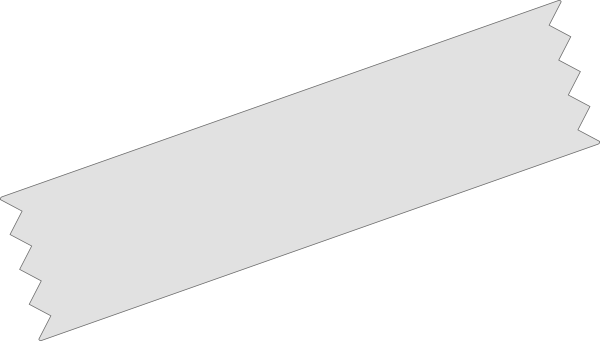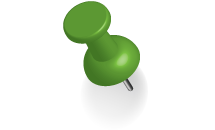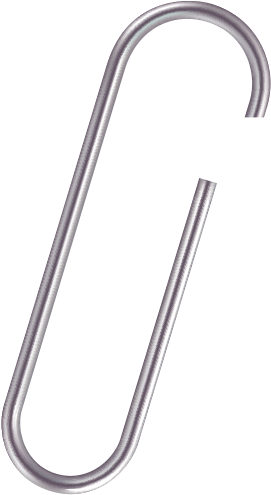I teach in-person music lessons in the Philadelphia area!
I teach at students' houses through a couple of agencies such as Treehouse. I also teach private in-person lessons out of my West Philadelphia apartment. Email me and let me know if you're interested in a free 15-minute consultation!
While it depends on the agency, I usually charge a sliding-scale fee of $50-$110 per hour. Those who are able to pay full price for my services provide me with the ability to charge the rest of my students a discount price. I strongly prefer hour-long lessons, but I understand this doesn't work for everybody.
What about lessons over Zoom?
I think students make the best progress with an in-person teacher so that the teacher can clearly see subtle aspects of the students' form, but I also believe in accessability, and you can get a lot of value out of a Zoom lesson, even if it's not quite the same.
You aren't stupid, it takes everyone that long to learn an instrument

What do I need to learn Piano/Keyboard?
There's nothing I love more than playing a real piano. If you're able to get one moved, you can find them for cheap or free on Craigslist or Facebook marketplace, especially in urban areas, although of course the condition is a shot in the dark if you don't know what to look for. If a keyboard lends itself better to your life than a piano, I recommend you consider these features when shopping around:
- Velocity sensetivity
- Enough keys - 61 minimum, but ideally 88.
- A USB MIDI ouput
Having a lot of different sounds is not a priority for your first keyboard. If it has a USB midi ouput, you can use it to control software synthesizers on your computer, and you will never run out of different sounds you can get with Cardinal or Pianobook.
I haven't encountered a ton of free top-tier piano teaching content online. What I will say is that you shouldn't pay to unlock content such as apps or videos, and you shouldn't put stickers with note names on your keys even if you are trying to teach a small child. It just gets in the way.


What do I need to learn Guitar?
You need a guitar. That's really it.
I advise everyone start with an electric guitar regardless of age, the only exception is people who know they want to focus on acoustic guitar. Parents do not generally accept this advice, but they are wrong. The reason is very simple- it is much more physically difficult to press your fingers into the strings of an acoustic guitar. Guiar playing is always physically painful at first (in your fingertips - if it hurts in your wrist, you might have a problem). Any well-known budget brand (Fender Squire, Epiphone, LTD, etc) makes a decent enough beginner guitar that you can get a lot done with before it breaks.
What about amps and cables and pedals and shit?
You don't actually need an amp to start learning guitar. Buy an amp as a reward after you learn to tune your guitar and play your first song. This applies to adults, but it's especially true for children.
The choice of amp doesn't matter that much. There is an argument to be made about the repairability of analog VS the variety of built-in effects of digital, but really either is fine. Amp volume is labelled in watts, which is deceptive. A 100-watt amp doesn't sound twice as loud as a 50-watt amp, even though it uses twice as much electricity- it's twice as loud as a 10-watt amp.
So how do I actually go about learning guitar?
The good news is that there is a ton of really great content out there for beginner guitar players on places like YouTube. The first thing you need to do is learn to tune your guitar- while it's doable by ear, it's much more practical to use an app on your phone, especially at first. Then, you can start learning open chords. It can be a little rough learning them on your own without a teacher - I suggest starting with E minor (often shortened to Em). Look up the name of a song and put "chords" at the end, and you will usually find something. If what you find is too complicated, look for Ukulele chords - they are often simplified. When you find a song without too many different chords in it, and get to work! Happy hunting!
